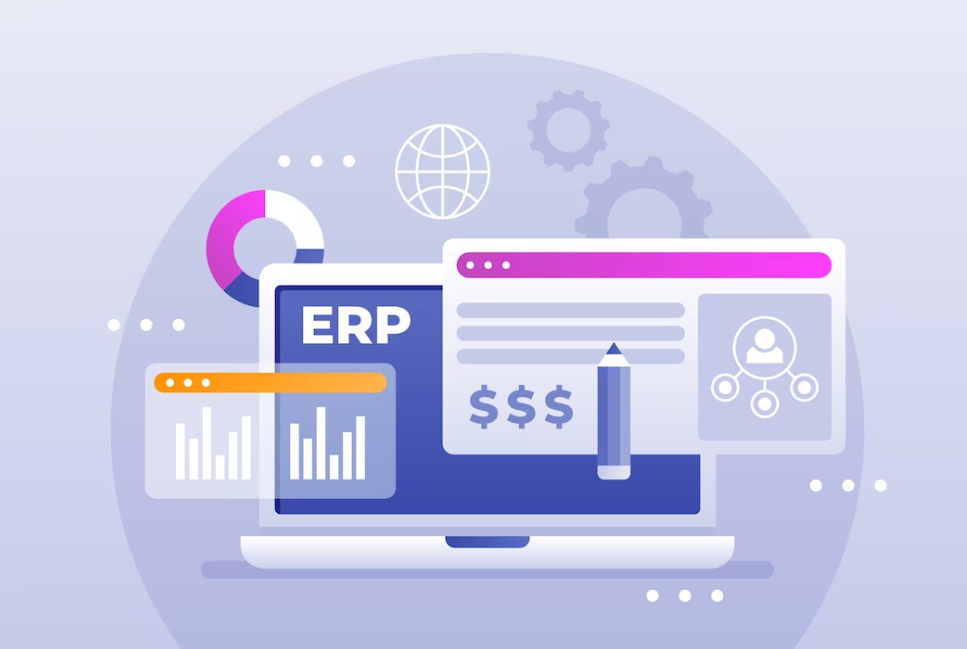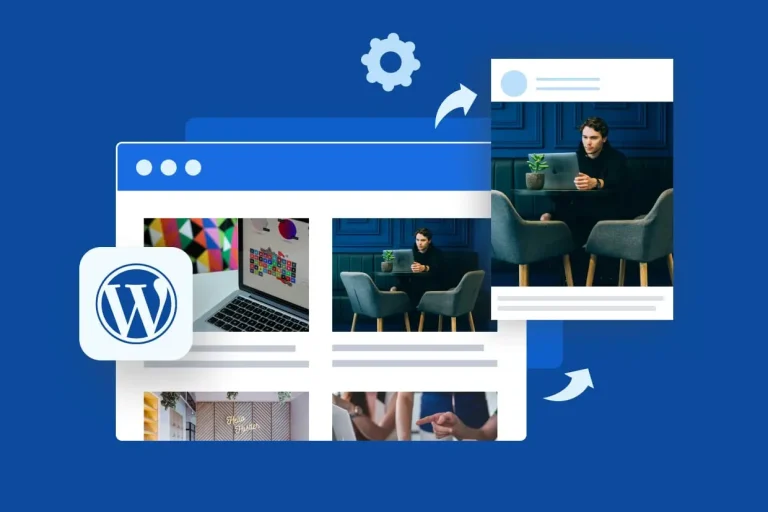ERP (Enterprise Resource Planning) is a software system that helps businesses manage all their functions. It is designed to help businesses manage all their functions. These functions include production, sales, accounting, inventory management, project management, customer service, human resources and finance.
The ERP system brings together the data of all departments of the enterprise and presents this data in reports according to their needs. Thus, it ensures that the business data is kept up-to-date and accurate and makes it possible to instantly access the data required for all departments. It increases the cooperation and communication between various departments by increasing the efficiency and cost effectiveness of the enterprise. By using the ERP system, the business can access its data up-to-date and accurately, easily generate reports and analytical data, and instantly access the data required while determining their investments and strategic decisions.

WHAT DO ERP SYSTEMS DO?
ERP helps businesses manage all their functions more efficiently and effectively. It provides the following advantages:
- Synchronization of data: The ERP system brings together the data of all departments of the enterprise and presents this data in reports according to their needs. Thus, it ensures that business data is kept up-to-date and accurate.
- Collaboration and communication: The ERP system increases the efficiency by increasing the cooperation and communication between the various departments of the enterprise.
- Reporting and analytics: The ERP system provides the reports and analytical data necessary to measure the performance and profitability of the business.
- Cost savings: The ERP system increases the efficiency of the business and reduces its costs.
- Time saving: ERP system helps the business to access their data instantly and generate reports quickly, thus saving time.
- Data security: The ERP system securely stores and protects the data of the enterprise. The security of this data is very important for the security and continuity of the business.
- Strategic decision making: The ERP system helps the business access its data instantly and produce reports quickly. Thus, the business has instant access to the data necessary to determine its investments and strategic decisions.
- Business continuity: The ERP system ensures that the business’s data is kept up-to-date and accurate and is constantly available. This is very important for the continuity of the business.
- Mobile access: The ERP system allows the company’s employees to access data from mobile devices such as mobile phones and tablets. Thus, employees can access their business data and reports from anywhere.
- Scalability: The ERP system can easily adapt or extend the system as the business grows or changes.
To learn about the services provided by Marker Groupe, you can contact us via the MarkerGroupe.com website or via the e-mail address hello@markergroupe.com.





